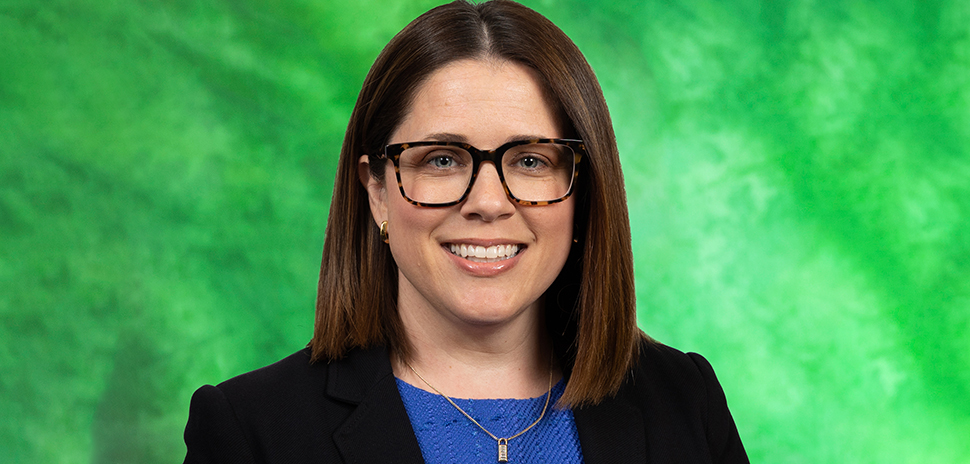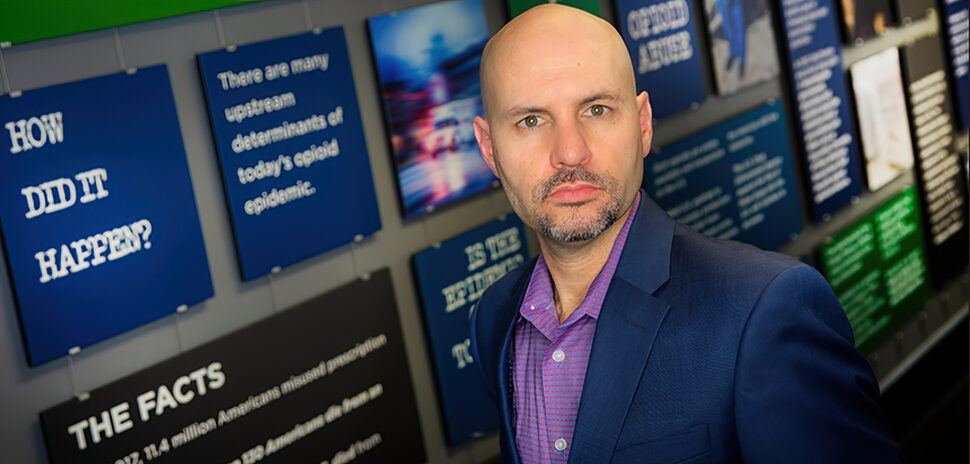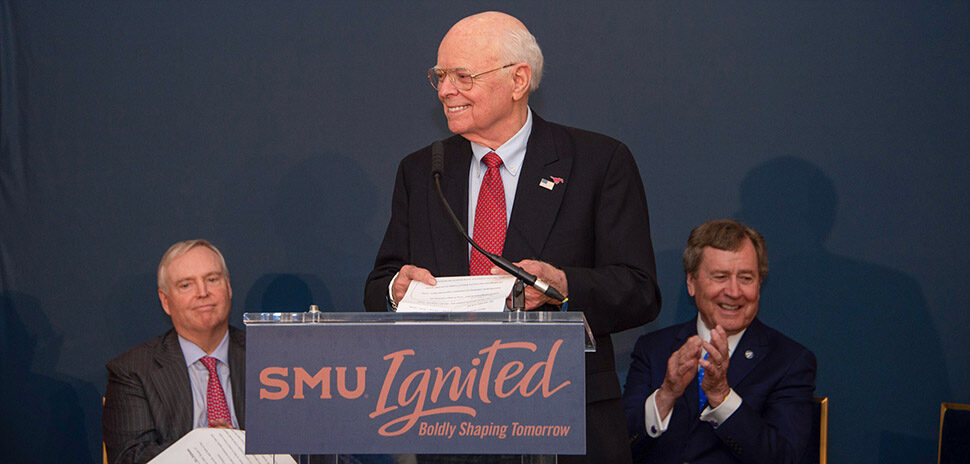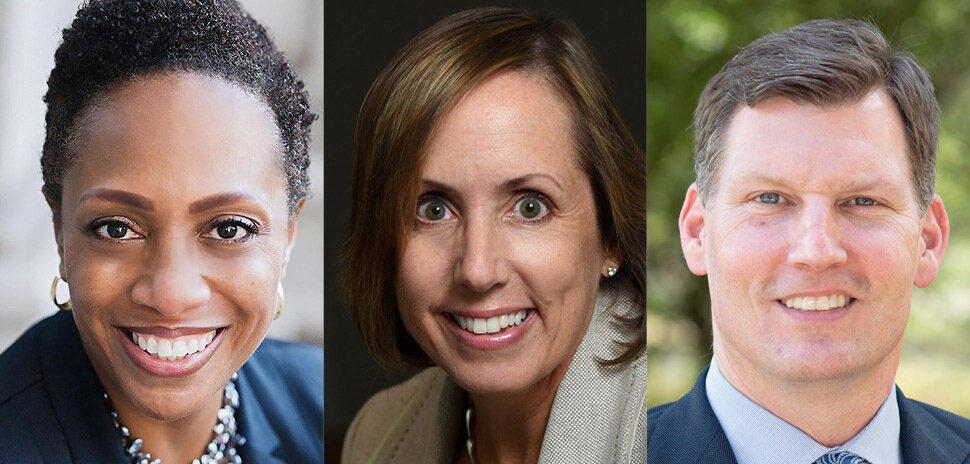The University of North Texas has named longtime educator Lisa McIntyre as its new vice provost for student success, where she will lead UNT’s strategic efforts to support students throughout their academic journey and prepare them for career success.
Her appointment will be effective June 5.
Provost Michael McPherson expressed his enthusiasm over Dr. McIntyre’s appointment. “Student success is a university-wide effort, and she’s built her career on engaging partners across departments and divisions to implement data-informed strategies that improve outcomes for all students,” he said in a statement.
McPherson noted that Dr. McIntyre’s commitment to fostering a student-centered culture is evident in her passion for developing innovative strategies. Her ideas can have “far-reaching benefits not just for our students, but also for our faculty, staff and campus community,” he said.
In her new role, McIntyre will oversee efforts such as academic advising, the UNT Learning Center, summer bridge programs and other strategic retention initiatives, academic integrity, the Student Perceptions of Teaching (SPOT) program, and more.
She will manage the review process for UNT’s many centers and institutes, lead professional development programs for academic department chairs, and work directly with academic leaders in UNT’s 14 colleges and schools to facilitate curriculum, enrollment, and student success initiatives, the university said.
‘The power of caring’
McIntyre has more than 16 years of experience leading transformative initiatives at Arizona State University, most recently as assistant vice provost for student success innovations.
As a native Texan, McIntyre is proud to be a part of “UNT’s mission to transform the landscape of higher education and become a national leader in student success.”
The university “embraces the power of caring to support better outcomes for students, which is a value that has shaped my philosophy as a professor and as an administrator,” she said in a statement. “I look forward to leveraging my experience scaling student success initiatives and breaking down institutional barriers to build a culture where students and the professionals who support them feel valued and empowered to succeed.”
McIntyre succeeds Lisa Maxwell, who has served as interim vice provost for student success since October 2022.
UNT said that as assistant vice provost for student success innovations at Arizona State, McIntyre envisioned and operationalized a responsive student-centric culture through data-informed and technology-enriched strategies across ASU’s 16 academic units.
Proactive advising
Before that, McIntyre served as executive director of advising and student advancement and director of transfer systems development at ASU.
UNT said that one of her greatest accomplishments was overhauling the process by which ASU evaluated transfer credits to meet its ambitious enrollment goals. By streamlining the course evaluation process and strengthening rapport between faculty and centralized staff, she and her team dramatically increased ASU’s efficiency, which ultimately resulted in ASU securing an investment from the Bill and Melinda Gates Foundation to scale the solution for other institutions.
UNT said that McIntyre also shepherded ASU’s shift from a transactional advising model to a proactive one by developing the Advisor Portal. In one year, data from the portal proved that a proactive advising model eliminated a peak season for advisers and removed a considerable institutional barrier for students.
McIntyre earned her Ph.D. in educational leadership and policy studies and her master’s degree in English from Arizona State. She earned her bachelor’s degree in English and history from Stephen F. Austin State University, a public university in Nacogdoches, Texas.
![]()
Get on the list.
Dallas Innovates, every day.
Sign up to keep your eye on what’s new and next in Dallas-Fort Worth, every day.













![[Image: Ryzhi/istockphoto]](https://s24806.pcdn.co/wp-content/uploads/2019/02/Ryzhi_big-data-and-artificial-intelligence-domination-concept-vector-id1060622908-970x464.jpg)




















































